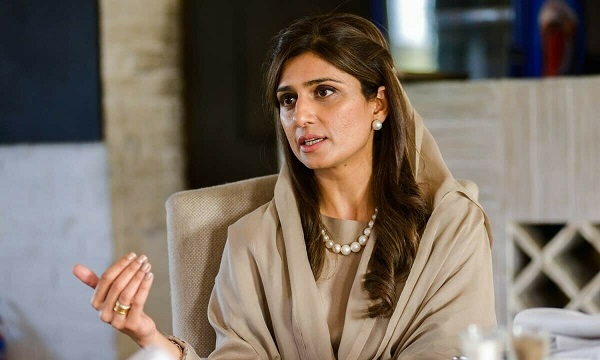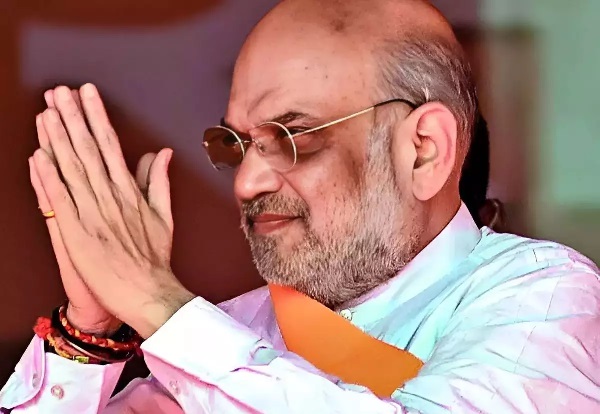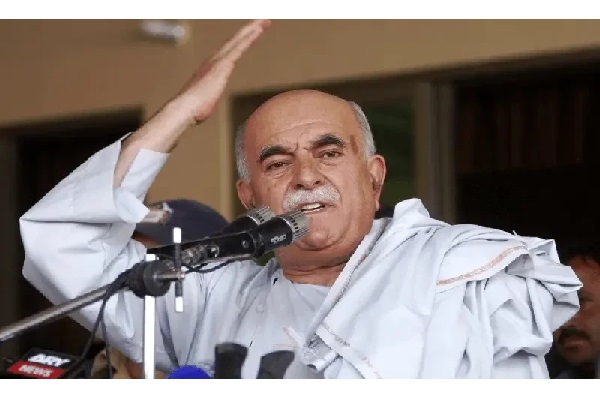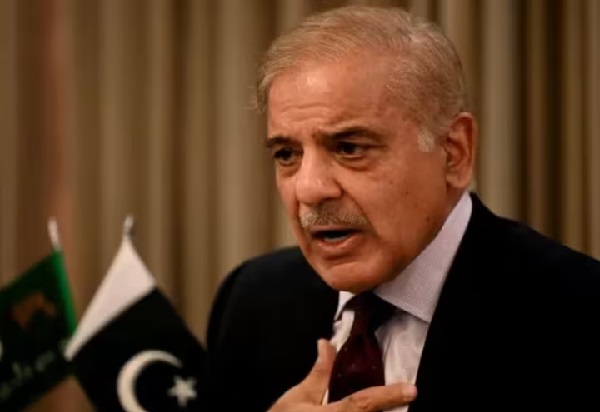NEW DELHI: Indian police said on Saturday they had arrested the social media chief of the country’s main opposition party over accusations
DOHA: Hina Rabbani Khar, Minister of State for Foreign Affairs, arrived in Doha on Monday to represent Pakistan in the UN-led talks on Afghanistan, which are being held in the absence of Taliban authorities.
Envoys from the United States, China and Russia — as well as major European aid donors and key neighbours — are among representatives from about 25 countries and groups called for two days of talks by UN Secretary-General Antonio Guterres.
The incumbent Taliban rulers of the country, however, have not been invited to the meeting, which would focus on how to deal with them and press them to ease a ban on women working and girls going to school.
The minister will present Pakistan’s perspective vis-à-vis Afghanistan and work on building a consensus regarding the way forward with international and regional partners. Pakistan will continue to support all efforts to advance the shared objectives of a peaceful, stable, sovereign, prosperous and connected Afghanistan, a statement issued by the Foreign Office in Islamabad said.
Kabul spox says seeking ‘positive engagement’ with world; diplomats say talk of recognition impossible until women ban reversed
Ms Khar will also hold bilateral talks with leaders of other participating countries on the sidelines of the huddle.
Ahead of his arrival in Doha, Mr Guterres’ office said the meeting “is intended to achieve a common understanding within the international community on how to engage with the Taliban” on women’s and girls’ rights, inclusive governance, countering terrorism and drug trafficking.
Despite not being invited to the talks, the head of the Taliban representative office in Doha, Sohail Shaheen, said he has met with members of the British and Chinese delegations. He said the UN meeting and “the importance of engagement” was among the topics raised.
Though divided on many disputes, the UN Security Council united on Thursday to condemn the curbs on Afghan women and girls and urge all countries to seek “an urgent reversal” of the policies.
Diplomats and observers say, however, that the Doha meeting highlights the quandary faced by the international community in handling Afghanistan, which the UN considers its biggest humanitarian crisis with millions depending on food aid.
The Taliban government’s deputy spokesman, Bilal Karimi, said on Monday Kabul “wants positive engagement with the world”.
But “internal issues” — such as curbs on women’s rights — should not factor into decisions about diplomatic engagement and formal recognition, he said.
“These should not be used as political tools,” he said. “Countries should have the moral courage to independently come forward for positive engagement.”
In an open letter to the Doha meeting released on Sunday, a coalition of Afghan women’s groups said they were “outraged” that any country would consider formal ties with the government that the UN calls the “de facto authorities”.
The United Nations and Washington have insisted that recognition is not on the agenda.
Rights groups’ fears have been fuelled by remarks made last month by UN Deputy Secretary-General Amina Mohammed, who said the Doha meeting could find “baby steps” that lead to a “principled recognition” of the Taliban government.
The UN said the comments were misinterpreted.
You May Also Like
LAHORE: A delegation of Tehreek-i-Tahafuz-i-Aien (movement for protection of constitution), led by its president Mahmood Khan Achakzai,
LAHORE: As Prime Minister Shehbaz Sharif pledges to “protect the interests of farmers at all costs”, the federal government appears reluctant






